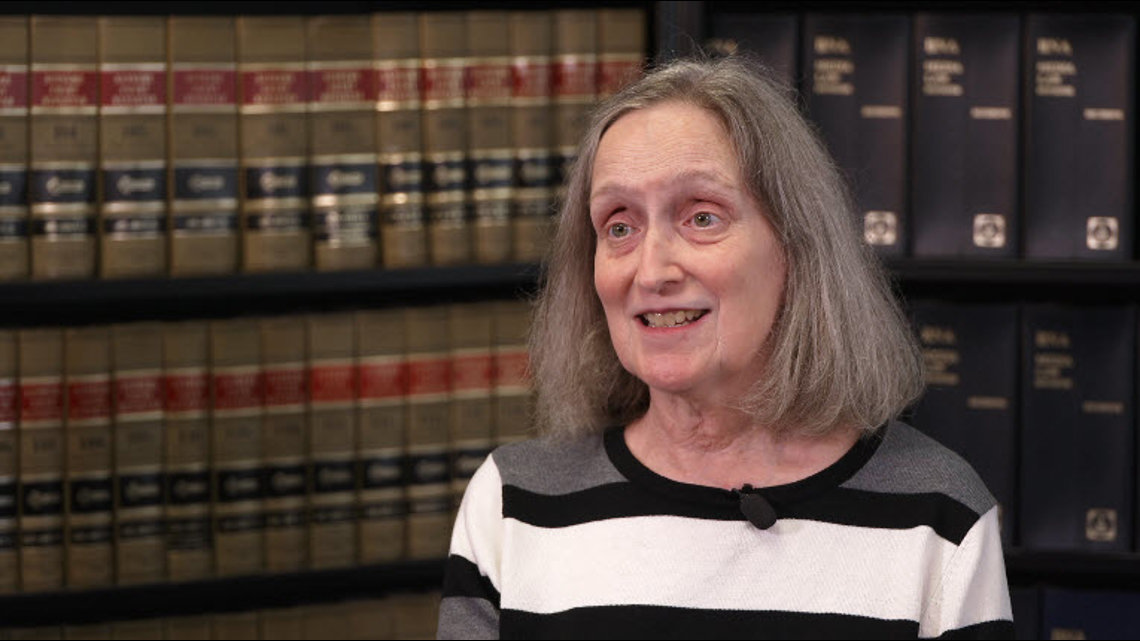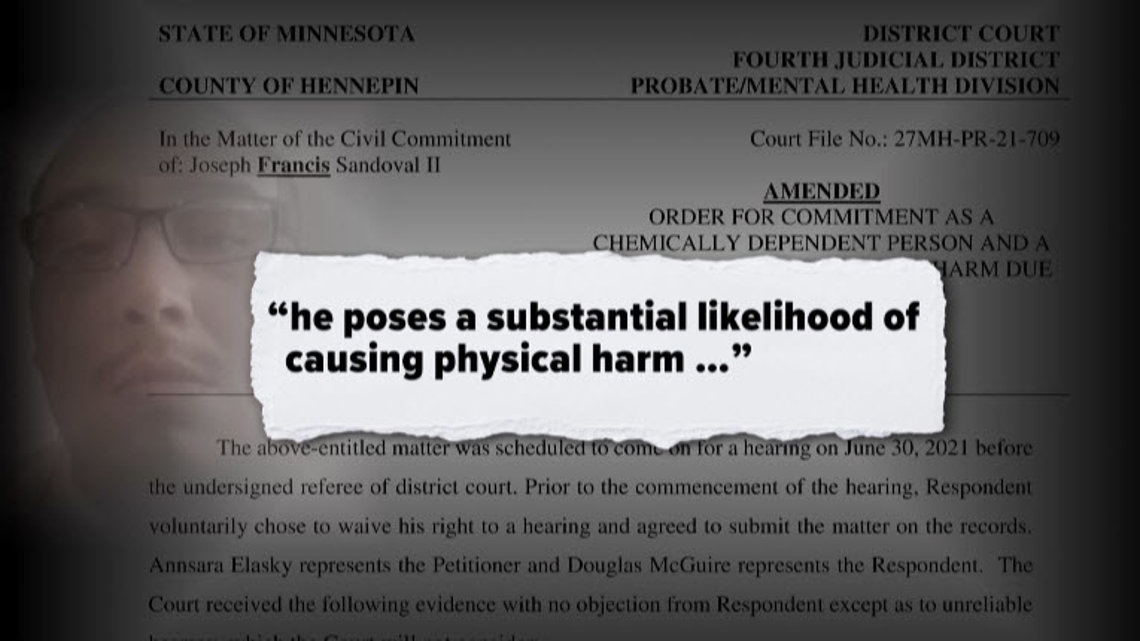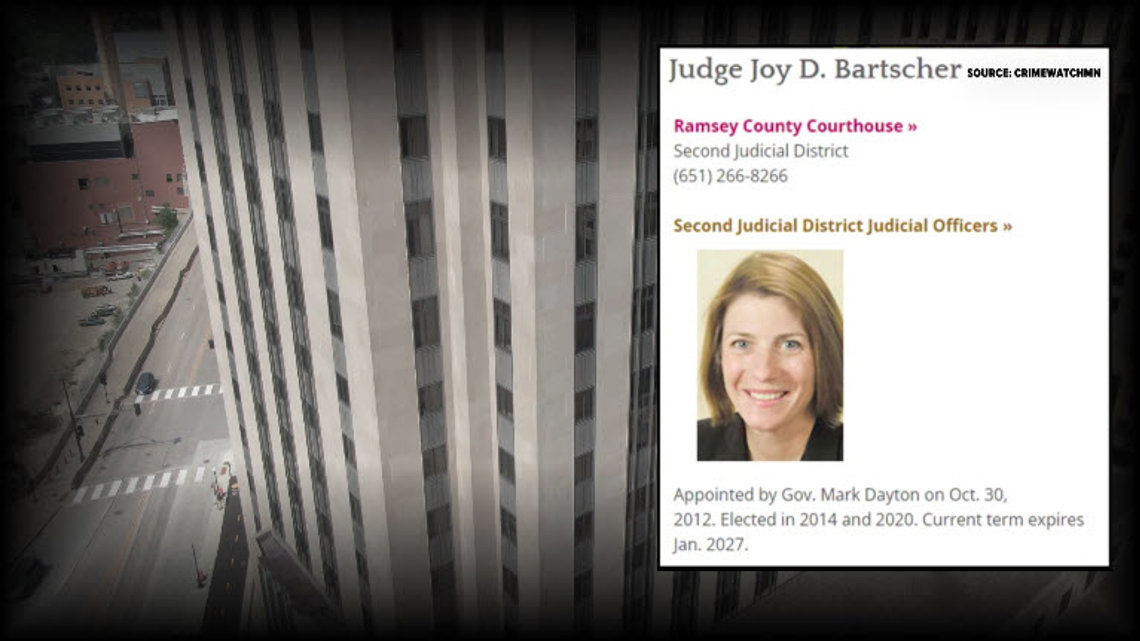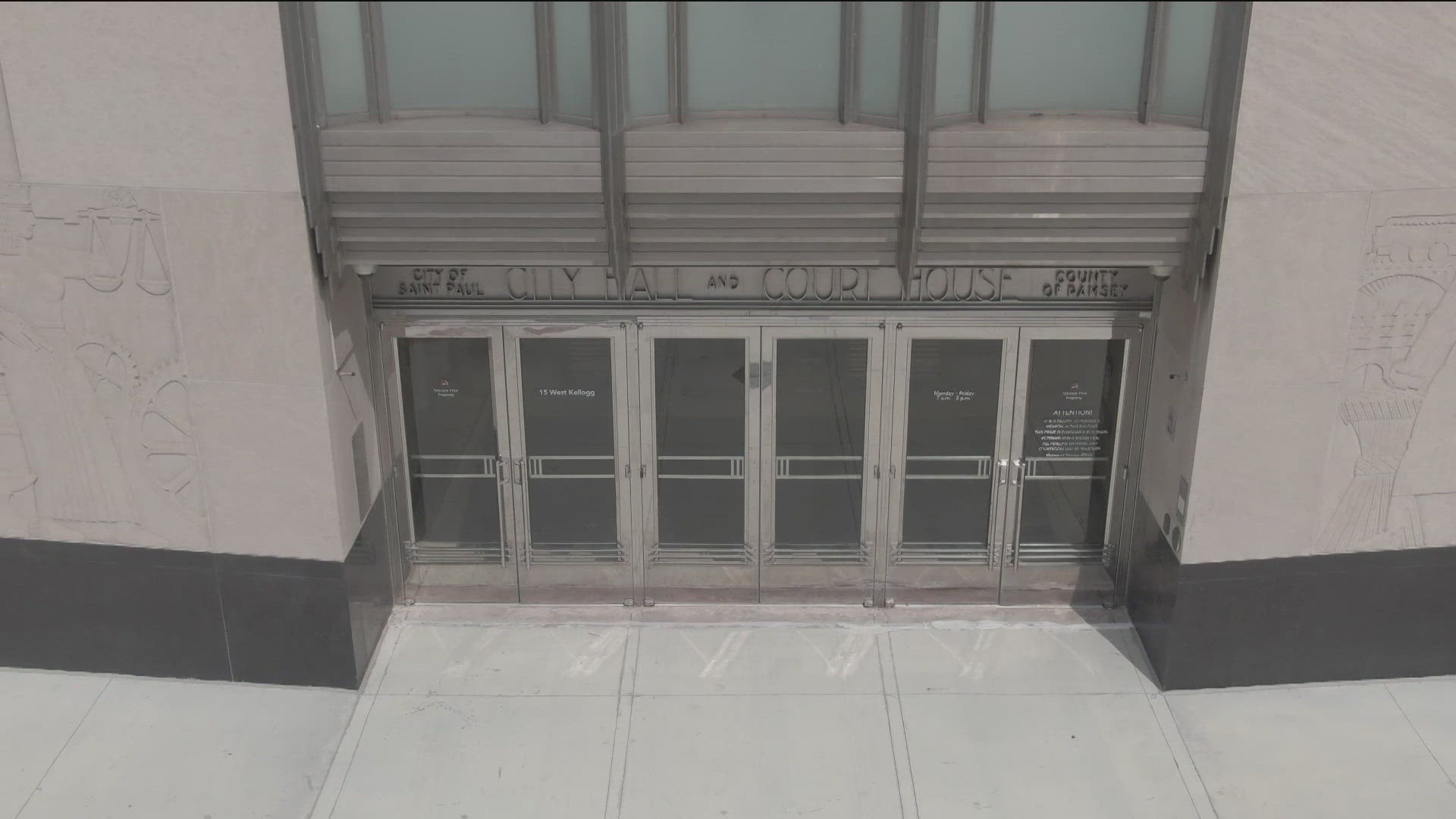ST PAUL, Minn. — A Ramsey County judge is attempting to prevent KARE 11 from reporting on a significant document in a murder case that raises issues of public safety, the care of people with mental illness, and allegations of Medicaid fraud.
In a written ruling and an additional order from the bench, Judge Joy Bartscher has barred reporting about a key memo filed by a defense attorney – and previously available on the court’s public website – in the high-profile Joseph Sandoval double-murder case.
In addition, Judge Bartscher ordered members of the media to “destroy” copies of the memo.
KARE 11 has filed a petition with the Minnesota Court of Appeals challenging Judge Bartscher’s orders on the grounds they violate press freedom and constitutional rights.
Legal experts call the judge’s ruling a clear case of unconstitutional prior restraint.
Unconstitutional Prior Restraint
Jane Kirtley, a media ethics and law professor at the University of Minnesota, is a First Amendment expert and former Executive Director of the Reporters Committee for Freedom of the Press. She explained the gravity of the situation.
"In this country, prior restraints on the press are presumed to be unconstitutional," she stated.
Professor Kirtley explained prior restraint is a form of censorship where the government prevents a news organization or individual from speaking or publishing something before they have a chance to do so.


“It is considered the highest level of violation of the First Amendment,” said Kirtley.
In its petition to the Appeals Court, KARE 11 argues “the Supreme Court of the United States has never held a prior restraint constitutional …”
Case Background
Joseph Sandoval was sentenced July 19th for murdering two men in a St. Paul sober home.
A prior investigation by KARE 11 revealed Sandoval’s history of severe mental illness, drug-induced psychosis, and violence.
Despite being repeatedly found incompetent to stand trial and civilly committed to the care of the state Department of Human Services (DHS) due to the risk he posed to himself and the public, Sandoval was released to Evergreen Recovery, an outpatient treatment facility.
On October 20, 2022, in one of Evergreen’s sober homes, he murdered two men.


The victims were 40-year-old Jason Murphy and 56-year-old Jon Wentz. Wentz was an Army veteran and grandfather of three, finally clean and ready to restart his life according to his family. Murphy, the father of a teenage daughter, was a handyman making repairs at the sober house.
Both men were murdered with a knife and hammer.
After the murders, according to the criminal charges, Sandoval told police he heard voices from the TV saying they were going to kill him if he didn’t act first.
Sandoval’s attorney, public defender Baylea Kannmacher, said at his sentencing that her client relapsed while not getting the treatment he needed at Evergreen Recovery.
Evergreen Recovery is under state and federal investigation – following KARE 11’s “Recovery Inc.” investigation that exposed former patient and employee allegations that Evergreen systematically billed Medicaid for patient services not provided as claimed.
Evergreen owner David Backus has denied any deliberate wrongdoing.
The critical memo
Seeking a reduced sentence in the murder case for Sandoval, which Judge Bartscher ultimately granted, defense attorney Kannmacher filed a memo with the court detailing specific failures by the state and irregularities in Evergreen’s treatment records leading up to the murders.
The sentencing memorandum was publicly available on the court’s website, where KARE 11 lawfully accessed it as part of the routine reporting process.
KARE 11 Investigates planned to include details from that memo – and video of Judge Bartscher’s sentencing decision – in a report on the day of his sentencing.
The Minnesota Supreme Court issued new guidelines last year, saying allowing cameras in the state’s courtrooms would “promote transparency” in the justice system.


Judge Bartscher appeared to bristle at, and disagree with, the Minnesota Supreme Court instructions. She stated, “The purpose of media coverage is supposed to be, supposedly what I have been instructed, is to have transparency about what is going on in a courtroom. I don't think that that's what the purpose is of media coverage quite frankly.”
Even though the victims’ families told Judge Bartscher they wanted to allow cameras – and court rules generally permit the media to record sentencing hearings – she refused to allow KARE 11’s camera into the courtroom.
Judge Bartscher stated, “A camera in the courtroom would serve no public interest at all."
She went on to say the public had the opportunity to come watch what’s going on in court “and they have chosen not to.”
Professor Kirtley disagreed with that assessment.
“I think that sometimes members of the judiciary fail to understand that for the typical individual who has a job, just dropping into the courthouse to watch a sentencing is not really practical,” Professor Kirtley said. “I think judges who really want the public’s respect and support for the judicial process ought to be very supportive to cameras in the courtroom.”
Gag Order
After refusing to allow KARE 11’s camera in her courtroom, Judge Bartscher then issued a protective order for the defense sentencing memo describing problems with Sandoval’s care by both the state and Evergreen Recovery, claiming it was made public in error.
The judge ordered anyone who had accessed it – including the media – to “destroy” any copies and refrain from publishing it.
In issuing the gag order, Judge Bartscher stated, “The memorandum shall not be published, publicly exhibited, shown, displayed, used for educational, research, or demonstrative purposes or used in any other fashion except in judicial proceedings in the above-referenced action.”
“That’s a pretty extraordinary step to take,” said Professor Kirtley, “and I would say violates the First Amendment to the Constitution.”
Legal Challenge
KARE 11 filed a petition this week with the state Court of Appeals challenging Judge Bartscher’s gag order.
KARE’s attorneys argue Judge Bartscher’s ruling violates the First Amendment, deprives the public of information of significant public interest and concern, and that she should be prohibited from enforcing her unconstitutional prior restraint.
The petition states, “Under clear and binding precedent, KARE 11 has a First Amendment right to use the sentencing memorandum and any information derived from it in its news reporting …”
The filing concludes, “Because the Court’s Orders fly in the face of decades of U.S. Supreme Court, Minnesota Supreme Court, and Minnesota Court of Appeals case law, KARE 11 is entitled to immediate relief in the form of a writ of prohibition restraining Ramsey County District Court Judge Joy D. Bartscher from enforcing them.”
Without immediate relief, the petition argues KARE 11 will be “forced to choose between reporting on information it lawfully obtained from the Court’s public docket, and risk being held in contempt, or giving up its constitutionally guaranteed right to freedom of the press and depriving the public of information on matters of significant public interest and concern.”

